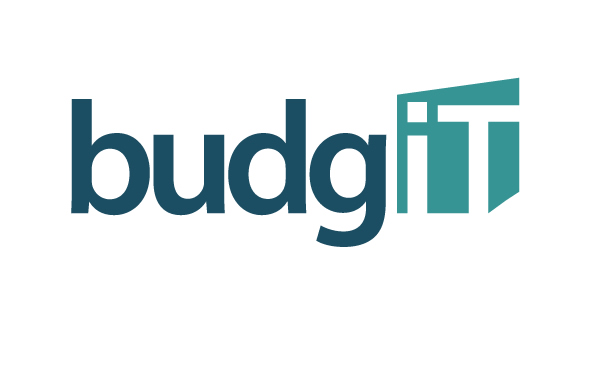
A recent report by BudgIT, a renowned accountability firm, has brought to light a concerning revelation – in 2023, the Federal Government of Nigeria spent a staggering three times more than its generated revenue, resulting in a deficit of N13.50 trillion.
Analyzing the 2023 fiscal data obtained from the Office of the Accountant-General of the Federation, BudgIT disclosed that the government’s revenue for the year amounted to N5.99 trillion. Shockingly, it spent a colossal N19.50 trillion, surpassing its income by a significant 225%.
Diving into the sources of revenue, the report outlined that N3.80 trillion was derived from the Federation Account Allocation Committee, N1.98 trillion from the Federal Government’s independent revenue, and N202.54 billion from miscellaneous sources.
This alarming deficit underscores the government’s consistent deviation from fiscal prudence, relying heavily on borrowing to sustain its operations, thereby perpetuating a vicious cycle of debt and financial instability.
In response to this distressing revelation, Victor Agi, a fiscal accountability expert at the Centre for Fiscal Transparency and Integrity Watch, expressed grave concerns about Nigeria’s escalating debt crisis, cautioning of severe economic repercussions if immediate remedial actions are not taken.
Painting a bleak picture, Agi remarked, “The economy is hemorrhaging, and capital expenditure funding is becoming a struggle. The envisaged implications are dire.”
He vocally criticized the government’s economic management, asserting, “The level of irresponsibility displayed by the economic administrators in recent years is glaring.”
Agi highlighted the stagnant economic growth since 2014, with the economy even witnessing contractions, warning that without intervention, this detrimental trend will persist.
The concern was also raised about the purpose of the extensive borrowing, with Agi questioning, “It’s not just about borrowing; it’s about what the borrowed funds are utilized for. Are we borrowing to service debts or indulge in frivolous expenditures?”
Furthermore, Agi pointed out that a mere 4.4% of the government’s N19 trillion expenditure last year was allocated to capital projects, a glaring inadequacy according to him.
He emphasized that the adverse ramifications of the government’s financial decisions are already being felt, evident in the escalating cost of living and the common man’s arduous struggle to make ends meet.
Calling for a paradigm shift towards fiscal responsibility, Agi urged the government to prioritize investments in key sectors of the economy and boost capital expenditure.
Echoing similar apprehension, Femi Oladele, a public policy enthusiast, cautioned that Nigeria’s economic challenges could exacerbate if swift actions are not taken to address the current spending patterns.
While acknowledging that spending in excess of earnings may not always be negative, Oladele stressed the importance of scrutinizing the breakdown of such expenditures to ensure fiscal prudence.
He questioned the government’s spending priorities, hinting at a probable reliance on undisclosed windfalls to sustain the current spending spree.
Oladele criticized the government’s inclination towards non-essential expenses, remarking, “Certain expenditures could be postponed until we emerge from this economic slump, but it appears such concerns are not paramount.”
Moreover, he emphasized the necessity of promoting domestic investments to kickstart economic growth and foster overall development within the country.
